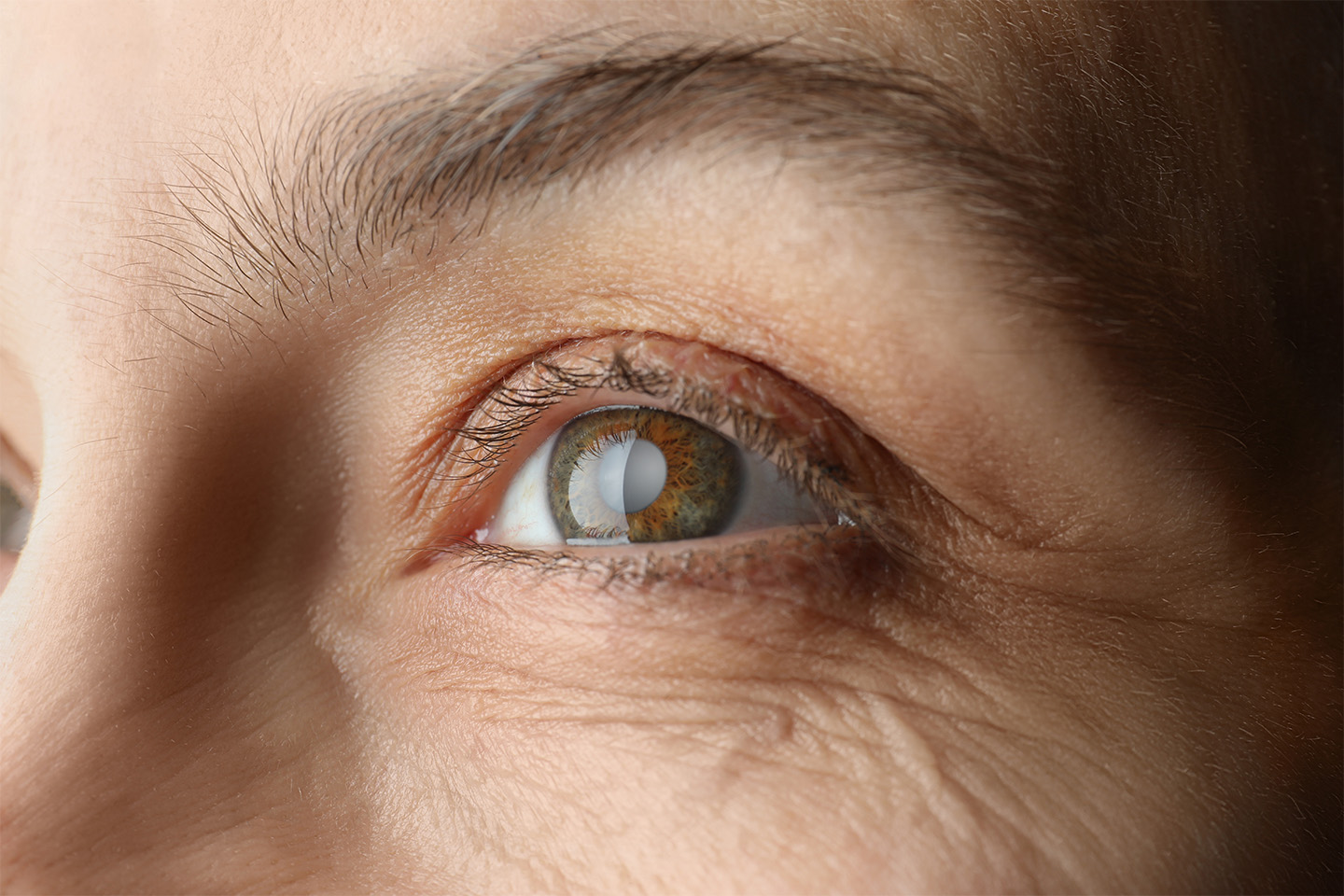How Cold, Dry Weather in Texas Affects Your Eyes

Wintertime means festive holidays and time off from school and work, but it also means chapped lips, dry skin, and even drier eyes. And with cold and flu season in full swing, you don’t want to be caught dead rubbing your irritated eyes with germy hands. Continue reading to learn how cold weather may affect your eyes and ways to keep them healthy and comfortable during the winter.
Effects of Cold Weather on Your Vision
1. Dry Eyes
The most common effect of cold weather is dry eyes. This is because low temperatures typically mean decreased humidity and chilly winds that evaporate moisture on the eye’s surface. Likewise, heated indoor spaces tend to be drier, which has a similar effect on the eyes.
2. Watery Eyes
On the opposite end of the spectrum, you may experience excessive tearing or watery eyes during the winter. As moisture is wicked away by windy conditions, the eyes begin overcompensating by watering. However, these tears aren’t nearly as lubricating as they should be and leave you in a cycle of dry eye. Additionally, seasonal allergies from dust and other irritants trapped indoors or unused fireplace can cause more tearing.
3. Light Sensitivity
Although the sun sets earlier and clouds make the skies greyer, you should still be wary of the sun’s harmful UV rays — which can be even more violent than a sunny afternoon. You may not have to worry about the sun reflecting off of blankets of white snow in Texas, but the icy sidewalks on chilly mornings are highly reflective. This blinding light can inflame the corneas and increase your sensitivity.
4. Red and Swollen Eyes
The cold weather can also constrict the blood vessels of tissues in and around the eye, leading to redness, swelling, and pain.
5. Vision Changes
The effects of dryness, watering, sensitivity, and swelling can cause significant, and usually temporary, visual changes, including:
- Loss of vision
- Blurred vision
- Double vision
- Severe light sensitivity
How to Protect Your Vision in the Winter
Here are a number of steps that you can take to improve comfort and decrease damage to your vision from the conditions.
Stay Hydrated – Help your eyes stay lubricated by drinking plenty of water. Increased hydration boosts tear production, while dehydration can significantly decrease your output.
Wear Protective Eyewear – Shield your eyes from the wind and debris with sunglasses or goggles. Plus, eyewear with UVA and UVB protection can block harmful rays from reflective surfaces.
Use Artificial Tears – Whether prescriptions or OTCs, using eye drops or artificial tears help provide a layer of moisture before you leave home and relubricate the eyes while you’re out and about.
Get Omega-3s – If you struggle with dry eyes, upping your omega-3 intake with fish oil or supplements can increase the quantity and quality of your tears.
Take Allergy Medications – If the watering or dryness is stemming from seasonal allergies, medications may provide relief and rebalance your eyes.
Turn on the Humidifier – With the heater working overtime, your environment will be drier than usual. Put some moisture back into the air with a humidifier in your office or home.
See a Professional – If your eye symptoms are not resolving and are transitioning to pain and burning, then it is time to make an appointment with our eye doctors at Kleiman Evangelista Eye Centers.
Just as you protect your general health year-round, be sure to give extra care to your eye health during the cold months. While the effects may feel temporary, continued damage to your cornea and other crucial structures can lead to the development of eye conditions like cataracts and glaucoma as you age. Now is the perfect time to schedule your annual eye exam with the top eye doctors in greater Dallas and start the new year with renewed vision!
[DISPLAY_ULTIMATE_SOCIAL_ICONS]








